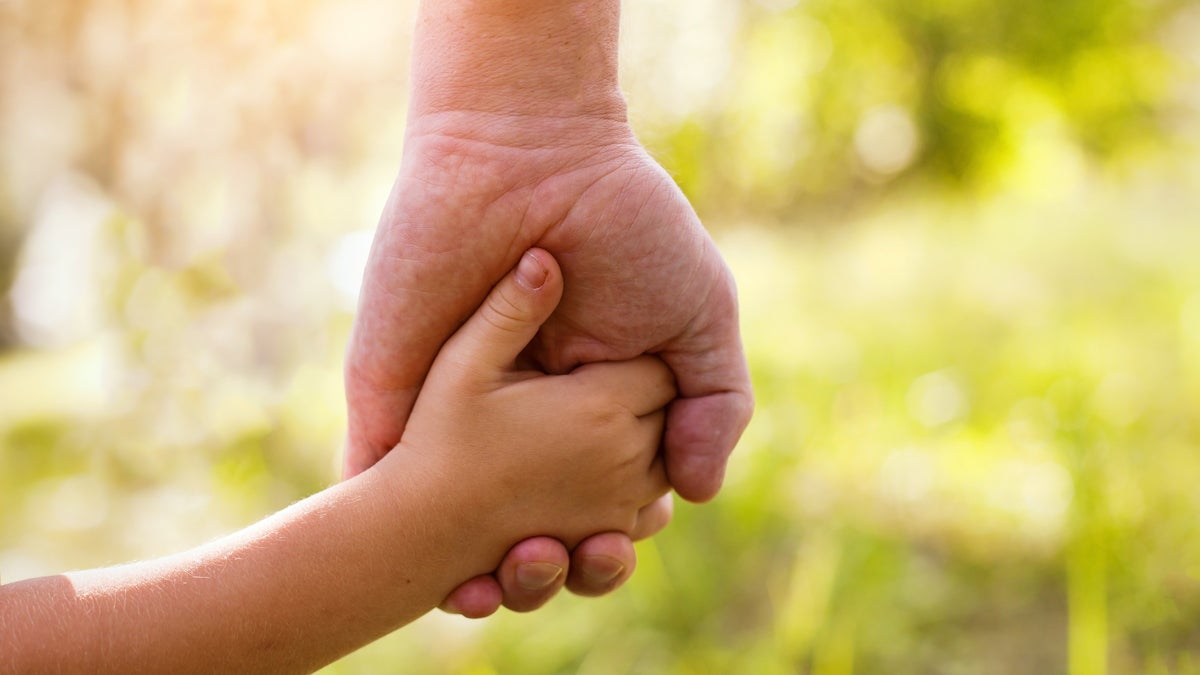New study examines the effects of ‘open’ adoption on families
 Photo via ShutterStock) " title="ssadoptx1200" width="1" height="1"/>
Photo via ShutterStock) " title="ssadoptx1200" width="1" height="1"/>
(Photo via ShutterStock)
Adopted children who are satisfied with how much they can communicate with their birth parents do better, according to new research out Monday from the University of Massachusetts that identifies the benefits of “open” adoptions.
Data from the first of its kind, two decade-long study suggest that adopted children are better adjusted and have fewer behavior problems when they are happy with how much contact they have with their birth parents.
Dr. Harold Grotevant, Rudd Family Foundation Chair at the University of Massachusetts, Amherst, says the data debunk the theory that open adoptions confuse children.
“They know their adoptive parents are the ones who tuck them into bed every night, feed them meals, the ones that they spend all their time together, and those are their parents,” said Grotevant. “And many of them have a special relationship with their birth parents as well, but they’re not confused about who their parents are.”
The study also addresses the idea that adoptive parents feel threatened by birth parents in an open adoption.
Tamara Christ is domestic program coordinator with Adoptions From The Heart, the first open adoption center in the Pennsylvania, New Jersey and Delaware area.
“I think that we see the best outcomes when both the parties feel very comfortable with the future contact agreement and what that looks like,” said Christ. “I also think that the best relationships continue to rely on the agency to help facilitate and be a sounding board if issues do arise.”
Christ’s agency pairs families with birth parents who are looking for the same level of communication.
WHYY is your source for fact-based, in-depth journalism and information. As a nonprofit organization, we rely on financial support from readers like you. Please give today.

